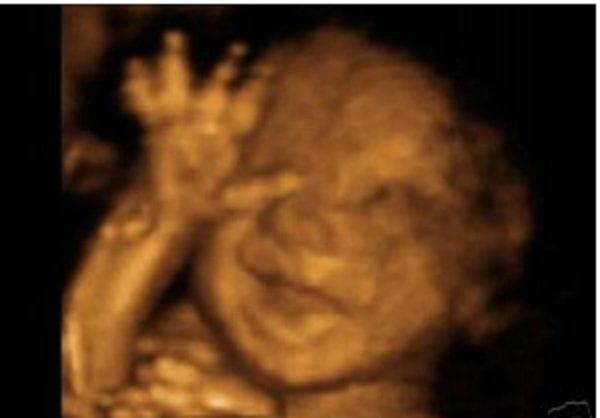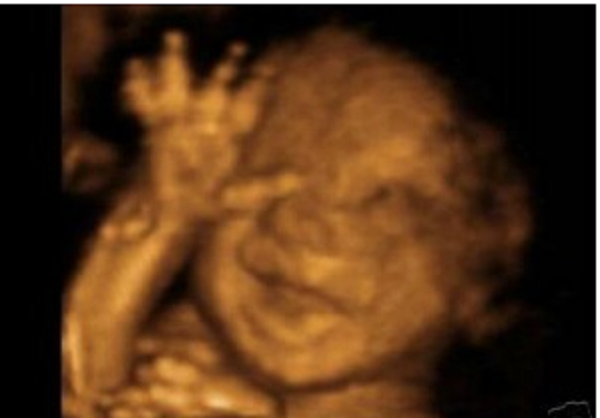On the heels of similar push in Virginia, Massachusetts has become the latest state to follow in New York’s footsteps and push a measure that would legalize elective third-trimester abortions for any reason.
Current Massachusetts state law restricts abortions to 24 weeks of pregnancy except in cases where a pregnancy endangers a woman’s life or threatens “grave impairment of her physical or mental health.”
However, the new Remove Obstacles and Expand Abortion Access Act (ROE Act), pushed by Massachusetts Democrats, rolls back the “grave impairment” clause of that restriction, opening up elective third trimester abortions to women whose “mental health” could be “threatened” in any way by carrying her baby – i.e., whenever she doesn’t want to do it anymore. It also allows elective abortions in cases of “lethal fetal anomalies, or where the fetus is incompatible with sustained life outside the womb,” though the law is unclear that “anomalies” that might include.
On top of that, the bill also scraps a state law requiring girls under the age of 18 to obtain a parent’s consent before getting an abortion.
Perhaps even more disturbing, if such a thing is possible, is that the measure also deletes a section of current state law that requires doctors to “take all reasonable steps…to preserve the life and health of the aborted child,” meaning children who survive botched abortions could legally be allowed to die without proper life-saving medical care.
Click here to sign up for pro-life news alerts from LifeNews.com
While proponents of barbaric third-trimester abortion bills often tout the claim that abortions so late in a pregnancy are “rare,” the CDC estimates that roughly 13,000 abortions performed after 24 weeks of pregnancy are conducted every single year in the United States – enough to fill up half of the LA Charger’s football stadium. While abortions following a fetal anomaly diagnosis make up only about .5 percent of all abortions in the U.S. (about 5,000), the pro-abortion Guttmacher Institute concludedthat most women who seek third-trimester abortions did so simply because they couldn’t access an abortion earlier in their pregnancy.
“Most women seeking later abortion fit at least one of five profiles: They were raising children alone, were depressed or using illicit substances, were in conflict with a male partner or experiencing domestic violence, had trouble deciding and then had access problems, or were young and [childless],” Guttmacher explained.
Gallup’s running public opinion poll on abortion has found that fewer than one in three Americans say abortion for any reason should be allowed in the second trimester, while only 13 percent support elective abortion access after 24 weeks.
ACTION: Contact the Massachusetts legislature with your opposition.
LifeNews Note: Brittany Hughes writes for MRCTV, where this originally appeared.
Go to Source
Author: Brittany Hughes





